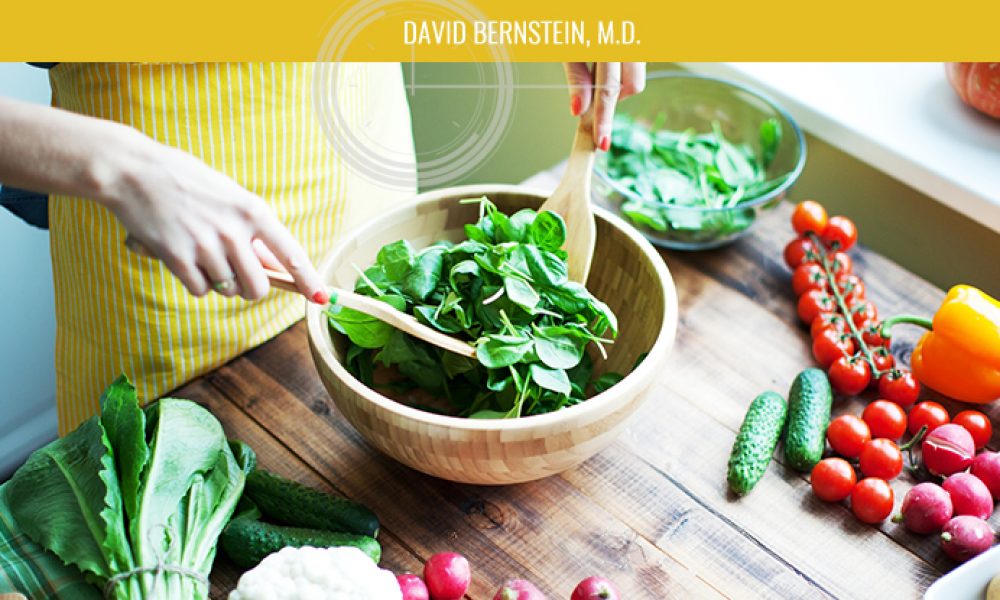We become what we want to be by consistently being what we want to become each day. — Richard G. Scott
Someone once asked my office manager to identify my pet peeve and her response was, “Which one?” As many of my family members, friends, and staff will attest, I occasionally rant about a particular pet peeve of mine: inconsistency.
Working in healthcare, I tend to fixate on inconsistencies which lead to errors, which in turn lead to bad outcomes, such as illness or death. (To this point, be sure to read my blog about VIP Syndrome.)
Inconsistencies Are Everywhere
Inconsistencies even happen within larger healthcare systems. Here is an example of a recent experience I had:
During the beginning of the coronavirus pandemic, I had been assigned to work in a different location than my usual. This building was larger and had more offices and staff members. Therefore, they also had a larger break room to accommodate the staff for lunch breaks.
Remember, I’m a physician who is keenly interested in proper nutritional lifestyles, so events such as this are memorable to me. One day during my week at this facility, I noticed a medical assistant eating a take-out hamburger in the break room. (She later admitted the burger and fries cost about eight dollars.) The following day, the same medical assistant brought a salad to work which she had prepared at home. (The cost was about three dollars.)
I complimented her on the delicious looking salad she was about to eat and asked if she was the same person who had been eating a hamburger the prior day. Sheepishly she admitted that she was indeed that person, and she had started her new diet that day.
Her rationale was related to the recent birth of her baby. She was having difficulty losing the “baby weight” and decided to go on a low-sugar and low-carbohydrate healthy diet. She indicated that she had lost weight before and felt much better, adding that she has Lupus and the dietary changes improve the discomfort associated with her condition.
Remembering the hamburger, I asked, “Why didn’t you stick with the less expensive, healthier lifestyle that made you feel better before?”
Her reply? “The hamburger was easier and more habitual.”
Making Healthy Choices Easier
I know I could find similar examples of the quick grab-and-go ease of fast food twenty times over in most hospital cafeterias, where healthy choices are not always offered. Sometimes, even in hospitals, an extra step is required to request healthier items or specialized diet accommodations.
I find the inconsistency in healthcare organizations ironic. Their focus is often on prevention, intervention, and treatment of disease. But in cases like this, it seems far easier for staff members to eat unhealthy meals with ease. This kind of inconsistency is one of my pet peeves.
Unfortunately, those who make poor eating choices don’t tend to take extra steps to make healthy choices. They often are the same people admitted to the hospital due to illnesses related to poor dietary habits such as obesity, heart disease, diabetes, and high blood pressure.
What Can We Learn From My Recent Experience?
- We benefit from the savings that come from eating a healthy, home-prepared meal. Some healthy foods, such as organic vegetables, may be more expensive, but they can also promote better health overall. Bringing prepared meals from home, even leftovers, can be much less expensive than take-out.
- We can find and prepare meals that fit within our dietary needs at home. By preparing our own meals at home, we can tailor them to our specific dietary requirements.
- From an employer standpoint, we can speak with our administrators at work to suggest healthier meals or snacks. Having these available can prevent and reduce hospitalizations and eventually reduce healthcare costs.
On a personal note, I have been working on my own self-discipline with regard to meals eaten at work. For much of the last five years, I’ve brought meals to work every day. My wife and I spend time planning our meals each week. She cooks several dishes in large portions on Sunday. We put these in smaller containers to use for my weekday lunches.
Preparing meals ahead of time (usually the night before) enables me to control meal size, calories, and carbohydrate intake. I include a small snack, usually two small apples every day (to keep the doctor away).
Meal prep takes consideration, planning, and some organization … but everyone can do it. This process saves time and energy during the week. I hope you will try it. You can do it! Consistency is essential. Nothing is achieved without it. Making consistent choices about our health and nutrition is up to us!
Coming Up in My Next Blog …
Consistency & Self-Discipline
As the saying goes, “Discipline is doing what needs to be done even if you don’t want to do it.” Suffice it to say, in the era of COVID-19, I have had enough time to critically think about the intersection of discipline and healthy habits. You won’t want to miss it!
To a Long and Healthy Life,
David Bernstein, MD



